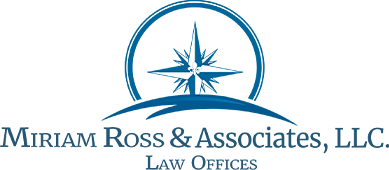When you decide to go into business, there are different types of businesses that you can file as. This includes sole proprietorship, partnership, limited liability corporation (LLC) and corporations. Each of them have a variety of differences and it’s important to choose the right one based on business structure.
Sole Proprietorship
If you own a business by yourself, it is likely that you are going to be a sole proprietorship. You will be liable for income tax and self-employment tax. You can also use the estimated tax forms throughout the year to avoid paying at the end. Within three years, you are expected to show a profit. Otherwise the IRS will come back and inform you that you have a hobby instead of a business, which could require you to file differently or close your business entirely.
Partnership
If you and one or more other people are going to go into business together, you may decide to file a partnership. It is expected that each person is going to contribute to the partnership and that everyone will share in either the profits or losses for the business. There is annual information that must be filed, including reporting the gains, losses, and income. It does not pay income tax, because instead, the profits or losses are passed to the partners and the income or loss will affect your individual tax return.
LLC
An LLC can vary from state to state, so you will want to check with your individual state before you decide you want to form an LLC. Many states will allow you to have only one owner. This can help to take the pressure off of you individually if your business ends up becoming a loss. It will also allow you to go for longer than the three years of a sole proprietorship if you are not making money on your business.
Corporation
Corporations are more complicated and there are two different forms. Most people who decide they are going to incorporate will get an attorney and an accountant involved to help with all of the different paperwork. An S corporation must be domestic and have allowable shareholders of no more than 100. Corporate income, losses, and credits are passed through shareholders and it can avoid double taxation on income of the corporation. A standard corporation will take similar deductions to a sole proprietorship, but it is a separate taxpaying entity, which means the corporation takes the loss instead of the individual. Profit from a corporation is taxed as income and taxed when shareholders receive a distribution, which creates a double tax scenario.


